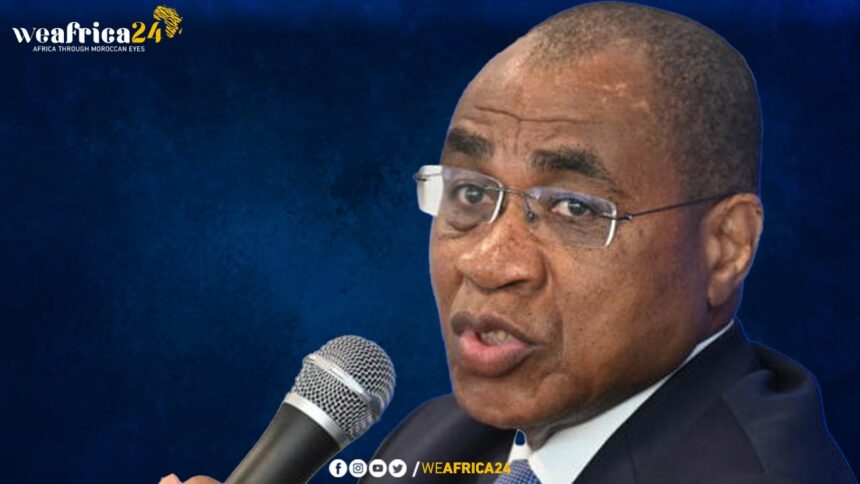Presently, private sector investment and resources are highly required in Africa. In a report published on 16th July, the World Bank called for their immediate mobilization, considering their public finances extremely strained at the moment, when African states are facing several shocks in the recent past.
On July 17th, the World Bank published the Systemic Country Diagnostic Report for national policies and institutions. According to the review, a total of 39 African countries can access the International Association for Development, which is a division of the World Bank that provides grants and low-interest loans to poor countries. The funds are for key development projects that are intended to leverage economic growth and raise living standards for the people.
Progress and Governance Reforms in Africa
Eleven nations were said to have moved up in the ranks based on governance reforms alone. Some of these countries, namely Benin, Democratic Republic of Congo, Cote d’Ivoire, Mauritania, and others among this category, have demonstrated a great deal of effort in institution building and policy improvement.
In particular, Rwanda continues raking in the top degrees, thanks to its “human resource valuation” and “efficiency in revenue mobilization,” according to the World Bank.
At the same time, several countries have taken devastating blows from ongoing conflicts, especially Sudan, whose rating has gone down significantly due to a year of conflict that dented its fiscal policy, financial sector, and business regulatory framework. Other falling stars include Burkina Faso, Ethiopia, Eritrea, and Mozambique.
Although many countries generally mentioned good performance in central bank independence, which is of critical importance to containing inflation and improving investor risk perception, many were found lacking, typified by various inadequacies such as limited transparency and insufficient judicial oversight. These governments also have to do their best to surmount the budget constraints through their gigantic servicing costs of debt in order to attract more private investments to stimulate economic growth.
In summary, the World Bank report says that for African business to survive, private sector involvement is key, citing both the progress achieved by reforms in governance and challenges that are yet to be faced to build a more resilient environment on the continent.







